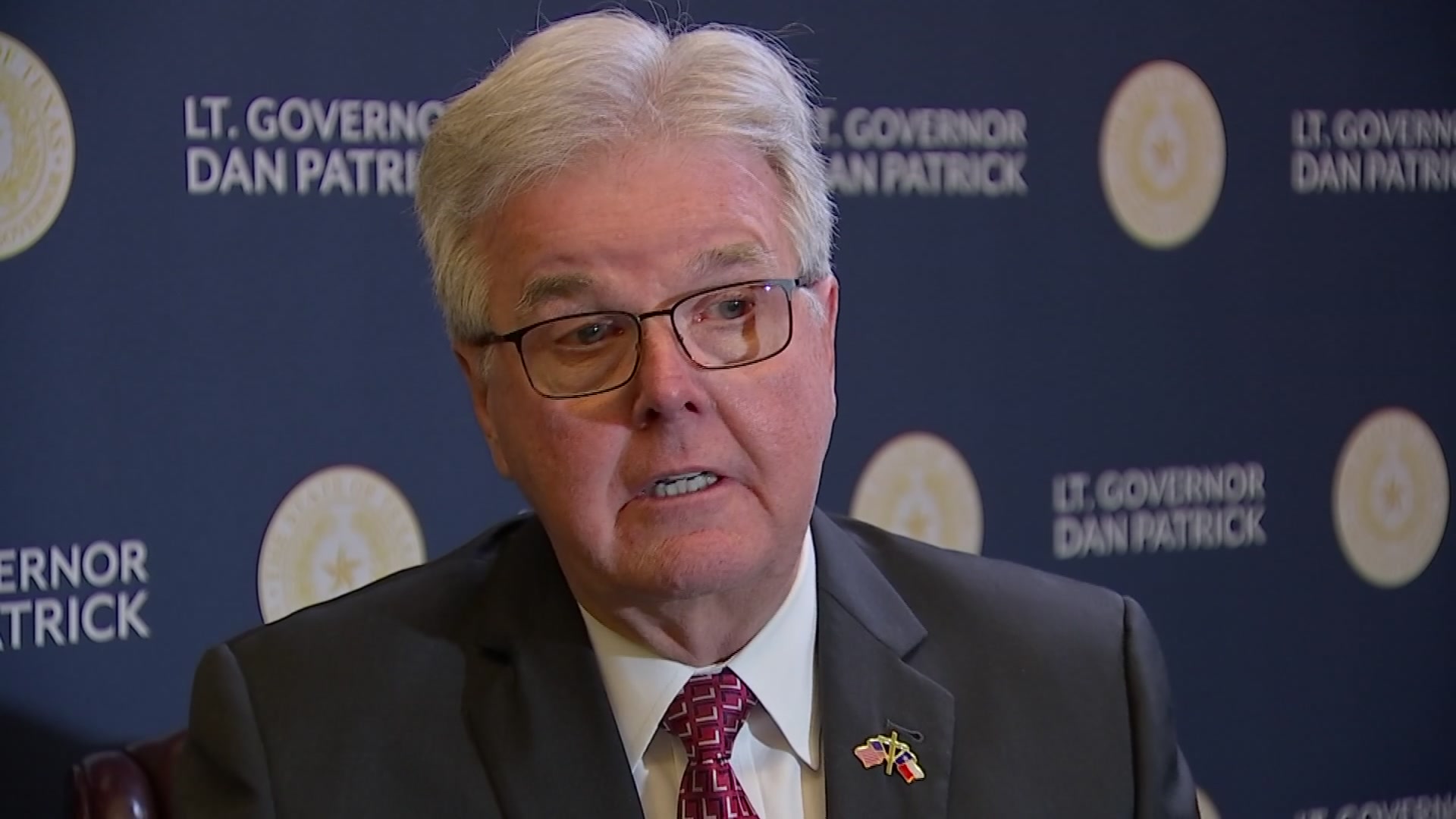
Texas is on course to become the nation’s largest state to tighten restrictions on voting, with GOP legislation just a few steps away from the Republican governor’s desk.
What exactly that legislation will say is not clear. It’s now in the hands of a bipartisan committee tasked with reaching a compromise on the final language. There’s just more than a week left in the Texas legislative session, but a lot could still change.
And the details are likely to be ironed out in the dark. The committee is meeting behind closed doors — to the alarm of voting rights advocates — before sending it back to the full House and Senate for final votes.
Like GOP lawmakers in Florida to Georgia, Republicans in Texas have used former President Donald Trump’s unsubstantiated claims of election fraud to justify new rules in the name of election security. Experts agree election fraud is exceedingly rare, but Republican legislators say new limits are necessary to boost public confidence. The proposals widely target mail voting — which was popular nationwide in November amid the coronavirus pandemic — and sometimes create severe penalties for local election officials.
Get top local stories in DFW delivered to you every morning. Sign up for NBC DFW's News Headlines newsletter.
Republican Gov. Greg Abbott has vowed support for stricter rules in Texas, where access to the ballot box is already narrow.
HOW DID THE LEGISIATION GET HERE?
The sweeping overhaul combines two bills — one in the House and one in the Senate — that were submitted shortly after Abbott named “election security” as a top priority item.
Texas News
News from around the state of Texas.
That followed record voter turnout in November in resounding success for Republicans in Texas, where Trump won and the GOP maintained its grip on the Legislature.
“We don’t need to wait for bad things to happen to protect the security of the election,” state Rep, Briscoe Cain, the Republican author of the House bill, said this month. “I don’t believe that this is voter suppression; I believe it is voter enhancement.”
Items in the overhaul include expanding what poll watchers are allowed to do, creating an oath for people who volunteer to help voters who need assistance, and establishing criminal penalties for election officials for sending mail ballot applications. Parts of the originally proposed legislation also prohibited drive-thru voting and 24-hour polling locations — both new options that Harris County, a Democratic stronghold, offered in November.
However, once the bills were combined into one in a House committee meeting, the House added amendments that would lower some of the enhanced criminal penalties, make it clear that election judges and volunteers wouldn’t be held liable for honest mistakes, and say poll watchers can be removed if they breach the peace. Those amendments were rejected by the author of the Senate bill, the title of which was used to combine the two bills, who sent the legislation to a bipartisan panel known as a conference committee to negotiate the final version.
WHAT ABOUT THE LEGISLATION COULD CHANGE?
It’s hard to know because the work is being done out of the public’s view. The 10-person bipartisan panel known as a conference committee is majority Republican, so the party that proposed the restrictions is still in control.
Voting rights advocates say poor and minority voters will bear the brunt of GOP restrictions. Mail voting is already limited in Texas — one of the few states that didn’t expand its use in November — to voters who can’t make it to the polls on Election Day because they will be out of town or have a medical condition.
“As this has played out, we have seen over and over and over again that the proponents of this bill, that are trying to push through this voter suppression bill, that is going to distinctly harm Black communities, Hispanic communities, individuals with disabilities, not only do they not want to hear from those groups but they have actively shut down attempts from those groups to be included in the process,” Thomas Buser-Clancy, a senior staff attorney at the American Civil Liberties Union.
As the legislation stands, elected officials would face a state jail felony for sending unsolicited mail ballot applications or solicitation. But House lawmakers also added provisions to make it easier to fix rejected mail ballots and to create an online system for tracking those ballots.
Mail voting isn’t the only target of the proposed restrictions. An earlier version asked people who are assisting a voter with disabilities to tell poll workers or watchers about that person’s medical issues. That language has been deleted — for now — but the legislation would require voting assistants to disclose their relationship to the voter, whether they were paid to help and whether the voter is eligible to receive assistance and could face a state jail felony for violations.
While people who are helping voters would face more restrictions, partisan poll watchers — looking to raise concerns to their political party — would have more leeway. Election workers could be charged with a crime if they block a poll watcher’s view.
As written, poll watchers who cause a disturbance must receive one warning from election workers before being removed and their violation must be witnessed by election staff. Buser-Clancy, of the ACLU, said that “is extremely problematic because that gives watchers a one-time get-out-of-jail-free card, no matter how heinous their offense is.”



